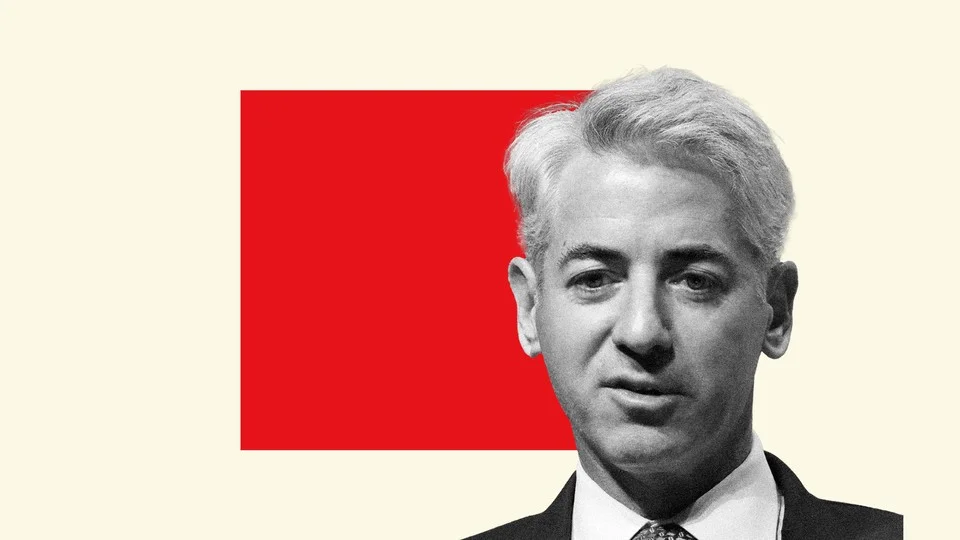
Trump’s Trade War U-Turns Send Shockwaves Through Global Alliances and Markets
In a dramatic period of policy reversals and international anxiety, President Donald Trump’s recent handling of tariffs and global alliances has ignited fierce debate over America’s role on the world stage. With trillion-dollar market swings and shaken allies, many are now asking whether Trump’s “America First” strategy is accelerating US decline in global influence rather than revitalizing it.

Trump’s erratic imposition and subsequent partial retraction of sweeping tariffs sent global financial markets into a tailspin. Within three days, markets shed $10 trillion in value, only to recover much of it in a matter of hours as Trump abruptly paused most tariffs for 90 days—though with little reassurance this would last. Volatility of this scale invites speculation about who profits in chaos and whether privileged insiders cashed in on policy leaks or presidential musings on social media. The Guardian’s Alexander Hurst wryly notes that for some, the real grandmasters on display are “grandmasters of grift.”
But the stakes go far beyond Wall Street. Trump’s posturing on tariffs has led European leaders to question their reliance on the US as an economic and geopolitical bedrock. Hurst argues that despite Trump’s claims of foreign leaders “calling me, kissing my ass,” what truly drove his about-face were trembling bond markets and the swift retreat of global capital from US assets. The European Union, in turn, now openly doubts the credibility of US security and economic commitments. “There is no long-term credibility [with the US],” warns Claus Vistesen of Pantheon Macroeconomics, underscoring a sense of uncertainty permeating allied capitals.
Within the US, debate is intensifying over whether Trump’s go-it-alone approach amounts to a voluntary surrender of global influence. As The Atlantic chronicles, American retreats from hard and soft power are mounting—from potential removal of thousands of troops in Europe, to uncertainties over support for Ukraine, and planned closings of agencies like USAID. Such moves, once unthinkable in US foreign policy, are now prompting Europe to create its own security arrangements. As one commentator summarized, “If China is truly the existential threat Trump believes, does it really make sense to take them on alone?”

The Trump administration’s latest announcement raises tariffs on Chinese imports to a staggering 145 percent, and instability is now reframing strategic questions for both America and its rivals. Some analysts see an opening for the EU to become a global standard-bearer in clean technology and financial leadership, especially as trust in the US dollar erodes alongside policy predictability. “Europe can turn this into a window of opportunity to further its edge with the US on clean tech,” says Simone Tagliapietra of the Bruegel think tank, advocating for bold steps such as a dedicated decarbonization bank and eurobonds.
These momentous shifts beg the question: will the US’ inward turn prove a self-correcting misstep, or the start of a fundamental realignment in world order? As American unpredictability corrodes trust, allies may find both the incentive and necessity to blaze their own paths—leaving the “indispensable nation” watching from the sidelines.
What do you think this new era means for America and the world? Join the conversation below and share your thoughts on Trump’s foreign and economic policy strategies.
Related issues news
Who is Ben Shapiro?
Benjamin Aaron Shapiro (born January 15, 1984) is an American, lawyer, businessman, columnist, and conservative commentator. Shapiro is pro-life and supports capital punishment. Shapiro has criticized the media for being too left-wing. 2018 Young Women's Leadership Summit, Dallas, Texas.
What is Trump's trade war?
An economic conflict between China and the United States has been ongoing since January 2018, when U.S. President Donald Trump began setting tariffs and other trade barriers on China with the goal of forcing it to make changes to what the U.S. says are longstanding unfair trade practices and intellectual property theft ...